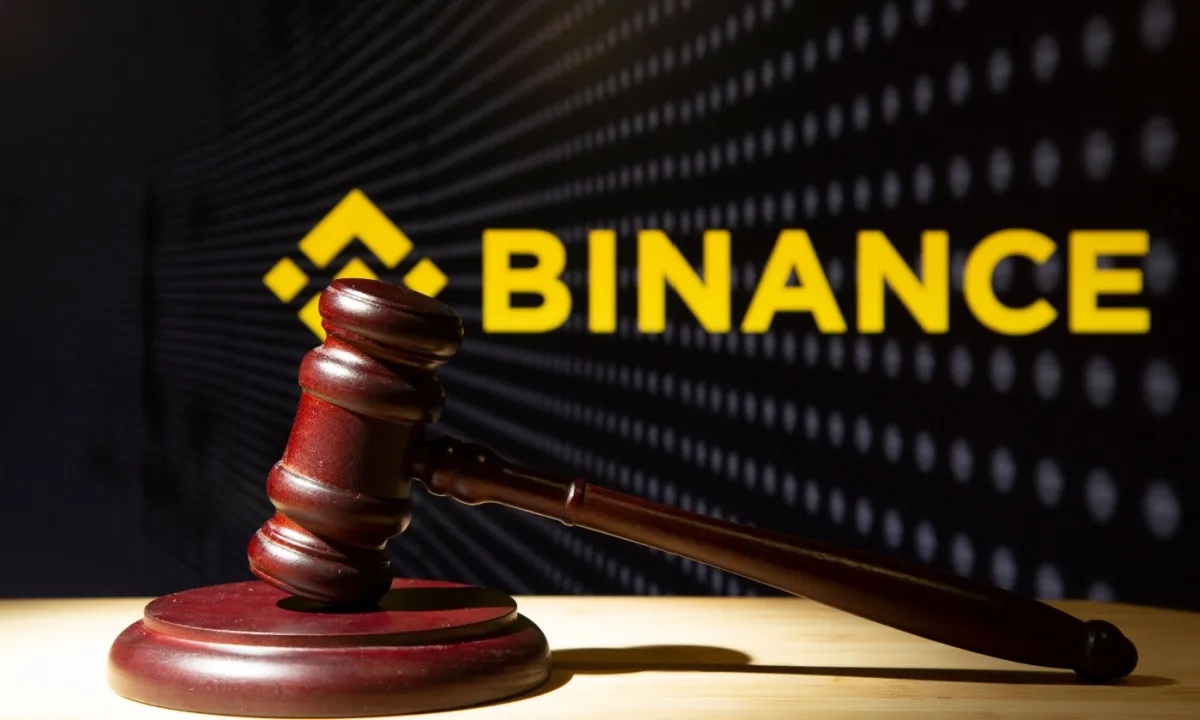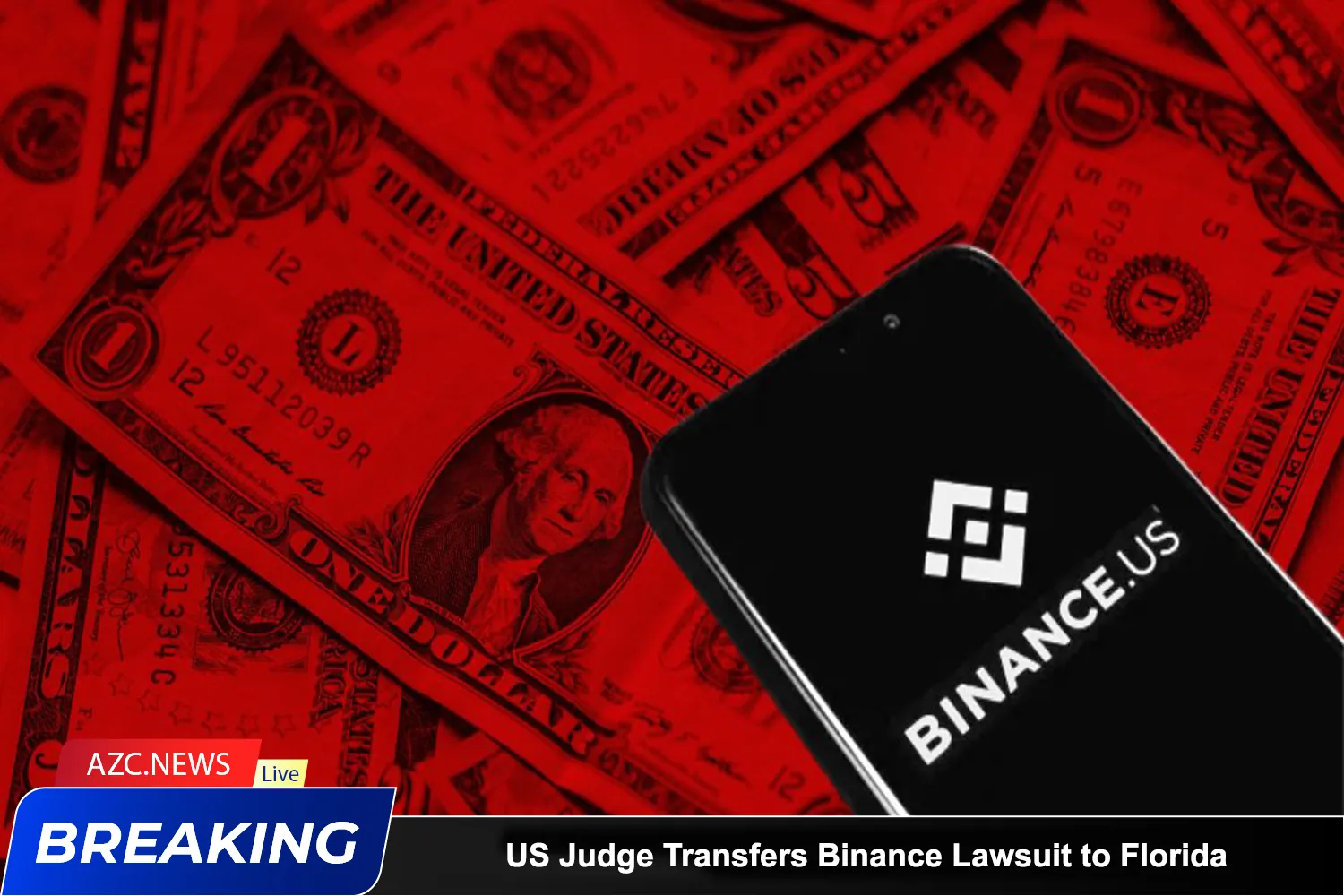US District Judge Barbara Rothstein has approved Binance’s request to transfer a lawsuit involving allegations of money laundering facilitation to the Southern District of Florida, citing the existence of a similar case already filed there.
The lawsuit, filed in Washington in August 2024, revolves around the same core issue as a case brought in Florida in June 2023 — namely, accusations that Binance allowed cybercriminals to use its platform to launder illicit funds, according to Judge Rothstein’s April 21 order.
“Although the two complaints describe the proposed classes with slightly different wording, both encompass the same group of individuals whose cryptocurrency was stolen and transferred to Binance.com accounts during the relevant time period,” Rothstein stated.
“Therefore, the Court concludes that the plaintiff classes are sufficiently similar to justify applying the first-to-file rule.”
The first-to-file rule allows a court to decline jurisdiction over a matter when an earlier complaint involving the same parties and issues has already been filed in another district. Generally, the court where the initial lawsuit was filed retains jurisdiction, according to legal resource LSD Law.
Plaintiffs Argue the Cases Are Fundamentally Different

Attorneys representing the plaintiffs in the Washington case argued that their suit is distinct from the Florida case because it includes additional allegations not found in the earlier complaint and names former Binance CEO Changpeng “CZ” Zhao as a defendant.
They also contended that transferring the case could delay both legal proceedings to the detriment of all plaintiffs involved.
However, Judge Rothstein rejected that argument, stating that there’s no clear indication the transfer would delay the resolution of either case. Instead, she emphasized that the move would promote judicial efficiency by “avoiding duplicative litigation,” which is a core purpose of the first-to-file rule.
“Allowing two parallel class actions to proceed in separate districts would be duplicative and inefficient,” she said.
The Washington lawsuit, filed in August 2024 by three crypto investors, alleges that their digital assets were stolen and sent to Binance, where the thieves laundered the funds.
A year earlier, in June 2023, Michael Osterer filed a similar lawsuit in Florida, accusing Binance of assisting in the conversion of stolen cryptocurrency. That case was ordered into arbitration by a Florida court in July 2024.






